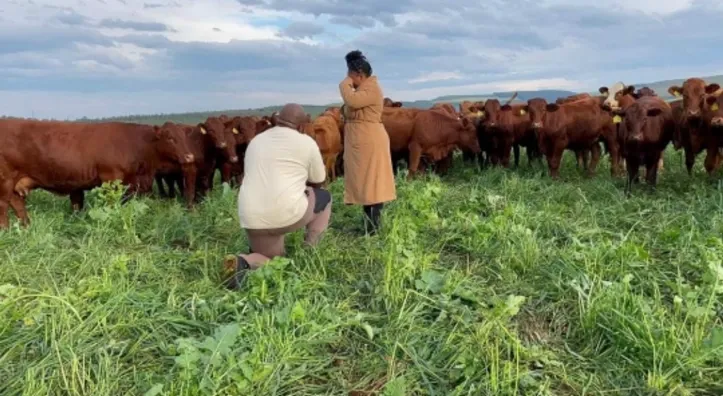Conversation between me and the God of Guilt why am not married.
It’s late evening, and the sky outside is painted with hues of fading orange. Sitting in a quiet corner of your the restaurant, alone. The kitchen has been cleaned up, the staff has gone home, and the scent of freshly brewed coffee lingers in the air. While slipping from my custom made latte cup , suddenly, a tall figure dressed in flowing, ethereal robes materializes before you. The presence is overwhelming, and you know immediately who it is—The God of Guilt.
He speaks, his voice a deep, echoing hum that reverberates through the room.
Sit back and read peacefully understanding the emptiness sad story of Thabiso Dube and Gods of Guilt.
Story narrated by Shaft.
Shaft : (speaking softly, but with frustration)
Thabiso : Why am I not married yet? Is there something wrong with me?
Shaft : (his voice like rolling thunder, but with a softness that surprises you)
Gods of Guilt: You carry much on your shoulders. Marriage is only one part of the path, but you think it defines you. Tell me, do you really believe you are incomplete without it?
Thabiso : I don’t know. In Nguni culture, marriage is so important. It's seen as a rite of passage. A man pays lobola, the bride price, to unite families and bring honor to his ancestors. My family expects it of me. They ask, when will I take my place?
God of Guilt: And you feel the weight of their expectations, as if every year without a wedding diminishes your worth. But tell me, do you want it for yourself?
Thabiso : I thought I did. But I’m not sure if I want it for me, or because I feel like I owe it to my ancestors, to my...
He speaks, his voice a deep, echoing hum that reverberates through the room.
Sit back and read peacefully understanding the emptiness sad story of Thabiso Dube and Gods of Guilt.
Story narrated by Shaft.
Shaft : (speaking softly, but with frustration)
Thabiso : Why am I not married yet? Is there something wrong with me?
Shaft : (his voice like rolling thunder, but with a softness that surprises you)
Gods of Guilt: You carry much on your shoulders. Marriage is only one part of the path, but you think it defines you. Tell me, do you really believe you are incomplete without it?
Thabiso : I don’t know. In Nguni culture, marriage is so important. It's seen as a rite of passage. A man pays lobola, the bride price, to unite families and bring honor to his ancestors. My family expects it of me. They ask, when will I take my place?
God of Guilt: And you feel the weight of their expectations, as if every year without a wedding diminishes your worth. But tell me, do you want it for yourself?
Thabiso : I thought I did. But I’m not sure if I want it for me, or because I feel like I owe it to my ancestors, to my...




